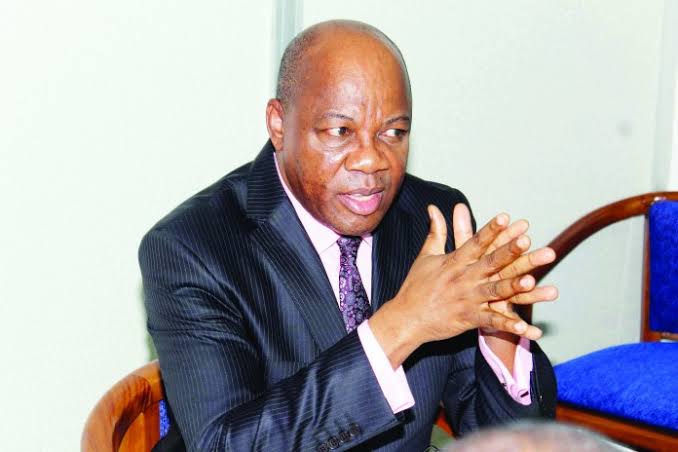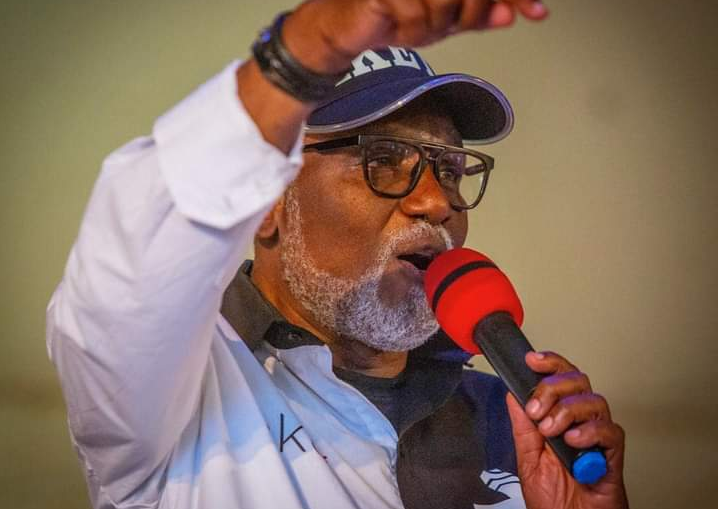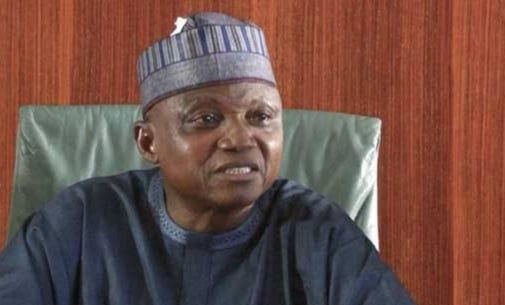Olisa Agbakoba, a senior advocate of Nigeria (SAN), says regional autonomy should be considered in the review of Nigeria’s constitution.
Following calls for restructuring, among other issues, the national assembly had recently held public hearings across the country on the proposed review of the 1999 Constitution.
Speaking on the review process in a statement on Wednesday, Agbakoba said regional autonomy is best to solve some of the challenges facing the country.
“Calls for restructuring have, in my personal view, become a catch-all phrase that has introduced more confusion than solution. I believe the simple way to go is by regional autonomy,” he said.
Advertisement
“Regional autonomy refers to the governance and administration of a federating unit in the interest of the local people, according to their aspirations. Nigeria is made up of multi-ethnic nations managed by a central authority. This model has proved unsuccessful.
“Europe understood that diversity is best managed by regional autonomy. Switzerland has four ethnic groups. Each of them shares the Presidency through four cantons that make up their federating units. According to Prof. George Obiozor, even though Quebec is the only fully French-speaking province, yet Canada is bilingual for the sake of Quebec. On the other hand, Yugoslavia mismanaged its diversity and the result was the emergence of six distinct countries. The same fate befell Czechoslovakia, now the nations of Czechs and Slovaks.”
He said devolution of powers is a related concept to regional autonomy, as this means transfer of powers from one level of government to another and vice versa.
Advertisement
The senior lawyer also suggested that legitimacy can be conferred on the constitutional review process by full involvement and incorporation of the leaders of traditional and ethnic nationalities.
“Prof. Ben Nwabueze has indicated that ethnic nationalities are the true representatives of Nigeria. To quote him, ‘Nigeria has no territory other than the traditional territories inhabited by its constituent nationalities from time immemorial – Yorubaland, Igboland, Hausa land, Tivland, Kanuri, Ijaw, etc. It is the ethnic nationalities that ceded or granted sovereign powers of government over their territories to Britain which makes them (i.e. the ethnic nationalities) the original and primary stakeholders in the Nigerian state,’” Agbakoba said.
He also expressed optimism that more would be achieved by giving prominent seats to the leaders of traditional and ethnic nationalities.
Advertisement
Add a comment







